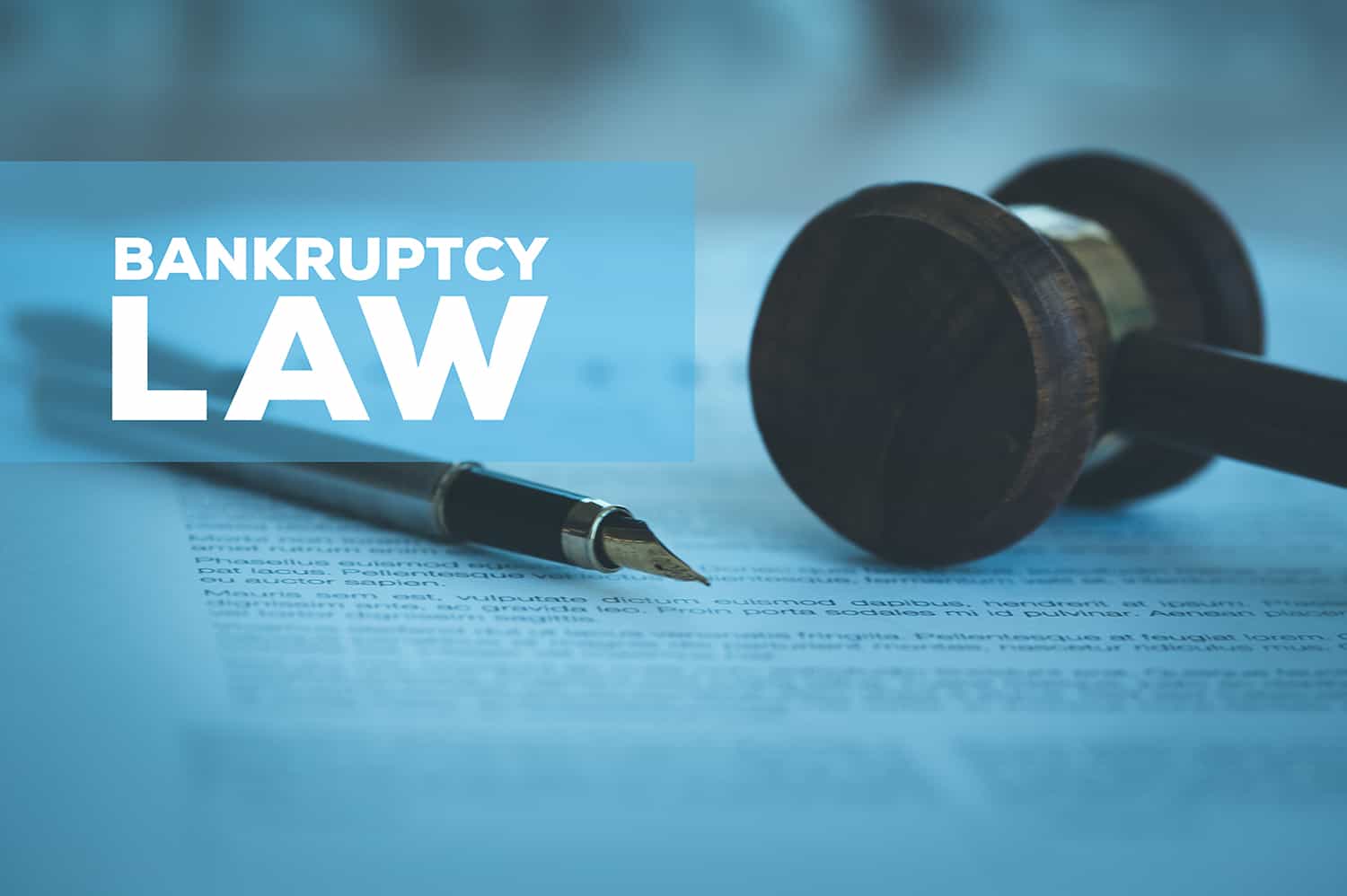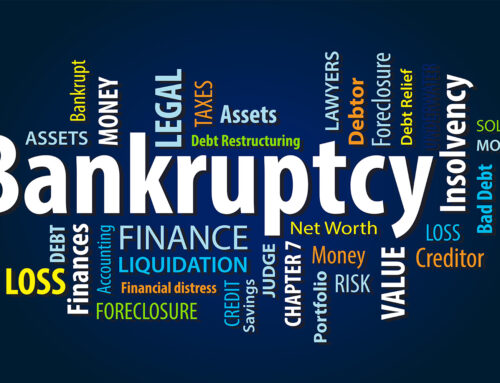When people review options to address a ballooning total of money owed, they often wonder about any minimum or maximum amounts of debt allowed for filing bankruptcy. Perhaps because media accounts often focus on high-profile bankruptcy cases, the idea that you need significant debt to take advantage of this legal process has become common.
Since the purpose of bankruptcy is to help people from all economic backgrounds get a fresh start, no minimum amount of debt is required to file a petition. Bankruptcy, however, is a complex process requiring many informed decisions, and navigating the choices is a lot like putting together a jigsaw puzzle to find the right fit for your situation.
Understand the Types of Debt Bankruptcy Cancels
One of the first things to examine is the type of debt that is dragging you down. Although the bankruptcy procedure erases many unsecured debts, including credit card balances and medical bills, the process does not discharge, or wipe out, every kind of indebtedness. However, by eliminating dischargeable obligations, you may free up money to pay debts the process does not cancel.
Because they are so vital, child support payments are considered a priority debt, and any obligations in arrears are paid before other creditors. Neither child support payments nor alimony can be canceled through bankruptcy.
Other debts bankruptcy doesn’t eliminate include many tax debts, most student loans and fines resulting from criminal convictions. In addition, debts from injuries or death of another person caused by the petitioner’s drunk driving or willful actions are never canceled out by bankruptcy procedures. Debts that result from fraudulent acts are not discharged either.
Learn the Process and Limits of Bankruptcy Categories
Most personal bankruptcies are filed under either Chapter 7 or Chapter 13 of the bankruptcy code. The process for each type differs, making it important to choose the one that fits your situation and best addresses your needs.
In Chapter 7 cases, personal assets are sold to pay creditors. Any dischargeable debts that remain are wiped out by the bankruptcy procedure. No minimum amount of debt is required for filing, but you must meet the Chapter 7 Means Test. You can automatically qualify if your monthly income is under the median income for a California family of the same size as yours.
If you have a steady source of revenue, Chapter 13 bankruptcy allows you to make a plan for repaying your creditors, usually at a reduced rate, over three to five years. No minimum debt is required for Chapter 13 either, but your unsecured debt must be under $394,725 and your secured debt must be less than $1,184,200.
Choose Your California Exemptions Carefully
California allows petitioners filing for Chapter 7 or Chapter 13 bankruptcy to keep certain kinds and amounts of property exempt from creditors to provide basic items needed for living, such as a vehicle for transportation and tools for employment. Rather than follow the federal bankruptcy exemptions, California residents must choose between two different exemption schedules to meet their particular circumstances. Utilizing the right schedule can make a big difference as you move forward after bankruptcy.
Calculate the Costs of Bankruptcy
It’s important to remember that the benefits of bankruptcy come at a price that includes emotional, as well as monetary costs. Plan to pay the following expenses associated with petitioning for bankruptcy and remember that they will not be discharged at the end of the process:
- California Pre-Bankruptcy Credit Counseling to receive a certificate needed for filing
- California Pre-Discharge Debtor Education Course necessary to discharge your debts
- Bankruptcy Filing Fees ranging from $313 to $338, depending on bankruptcy type
- Attorney fees
Find Qualified Assistance for Your Decision-Making
Choosing the right path for relief of your financial problems can have long-reaching consequences for you and your loved ones. An experienced attorney who knows all the details and technicalities of California bankruptcy law and who genuinely cares about finding the best solution for your situation can help you sort through all the options available. At the Law Offices of Brent D. George, we provide the answers and guidance you need. Give us a call today at (805) 494-8400.







